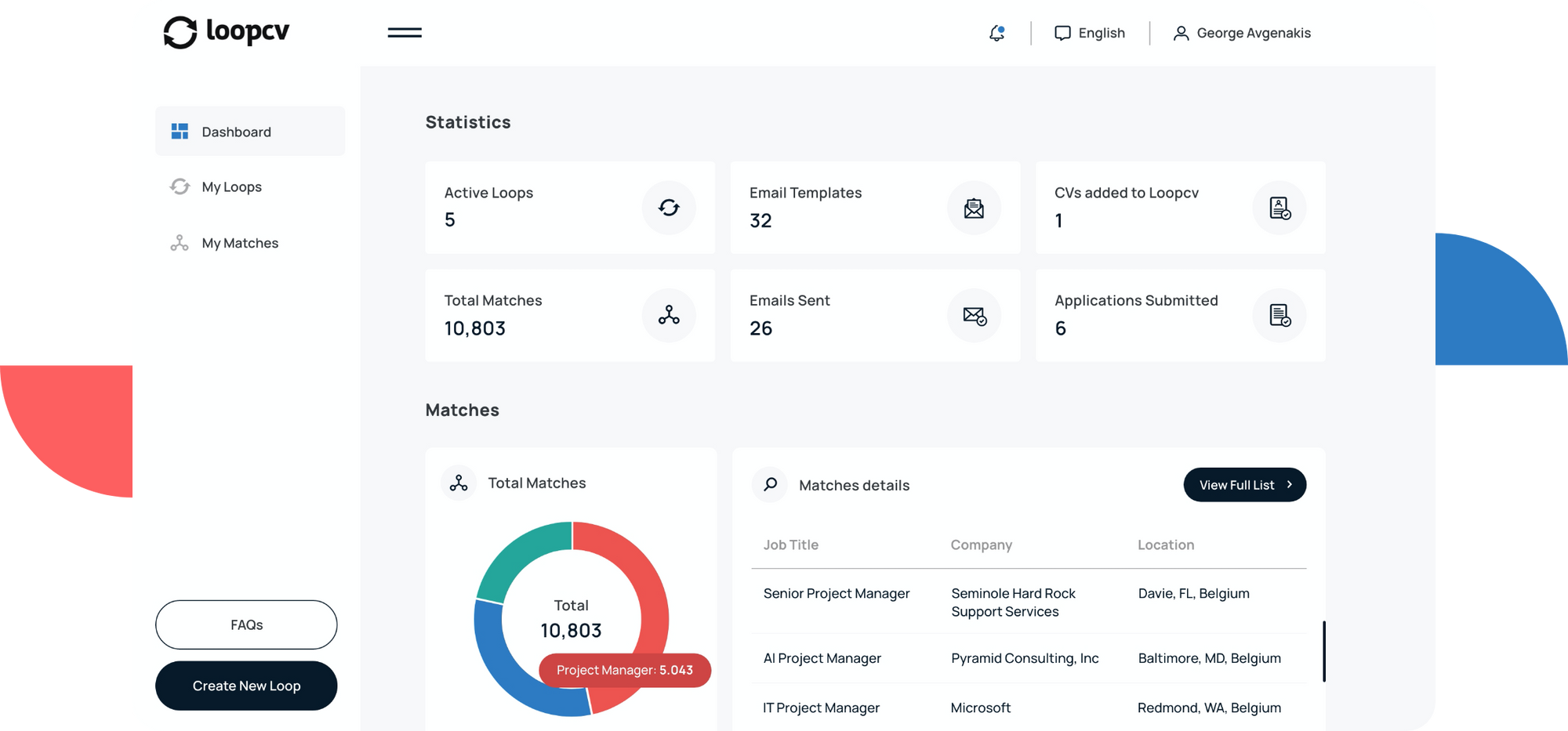How To Write A Reference Section In Resume For Freshers?
If you are a fresher and wondering what to write on the references section of your resume, this is the article that will help you.
A resume with solid references can help you land your first job, and knowing what type of references to include can make or break your chances of getting an interview.
Here we will give a few tips that would be very helpful in writing a better resume reference section.
What are references in a resume?
References are people who can vouch for your skills and experience. They are used to support your application for a particular job.
They might be a former employer, a professor, or a friend. References are not mandatory in all resumes, but you ideally should add them to your resume.
What is the purpose of including references in a resume?
When applying for a job, you must show the person hiring you that you're qualified for the position.
One way to do that is by mentioning your qualifications as a fresher, and another is by including references on your resume.
- Qualification shows a hiring manager if your skills and accomplishments are relevant to the job you're applying for. References give them a more personal perspective on how well you'd fit in with their company's culture and mission.
- Your references can also tell the employer about your work ethic, how you handle pressure, and what kind of personality you have in the workplace.
- They help the employer to verify your background. The references you have listed must be able to speak to your skill set in detail.
- In addition, if an employer has any doubts about hiring you because of a lack of experience or less than perfect qualifications, then this will eliminate those doubts because they will be able to see that other people think highly of you and would trust you with their business as well.
Recommended : What to write in Email when sending a resume with references?
What are the sources of references for a fresher?
When you're a newbie, knowing where to start when building your reference list can be challenging.
As a fresher, you have limited experience and are likely unaware of most of the references that could help you write your resume.
The first step is to identify the sources you can use for references. These include:
- Your previous employers at an internship or volunteer work, if any.
- Your professors from college or university.
- Your colleagues who have worked with you.
- Your teachers from high school or even middle school.
The first source of references for fresher is their professors. Professors are the ones who teach you in classes and often have some time to sit down with students to help them with their projects.
They can vouch for your ability to work hard, complete projects on time, and follow instructions.
If you're applying for a job that requires experience, professors may also be able to recommend you to someone who is looking for a person with your skillset.
Who should not be the reference?
In the world of references, there are a few people who you should avoid including as a reference:
- A relative or close friend as an employer may consider it a biased reference.
- Someone who has only known you for a short period and may/may not remember you.
What do I do if I have no references as a fresher?
If you've been out of the workforce for a while or are new to it, you may not have any references. That's not an issue. Many people do not have professional references but still, find fantastic work opportunities.
If this is your situation and if you feel your resume needs a reference section even though you don't have one, then here are some ideas to add instead:
- List of achievements (e.g., graduated with honors)
- List skills (e.g., proficiency in MS Office Suite)
- List qualifications (e.g., a degree in business administration)
- Add interests that show how well-rounded your character is (e.g., art collector)
- Include hobbies that demonstrate an ability to handle yourself outside of work
In addition to listing your skills and achievements, consider using professional resume templates to ensure your resume is well-organized and visually appealing, helping you stand out to potential employers even without traditional references.
How do references matter to a hiring manager?
References are your potential employer's chance to get a sense of who you are beyond what's written in your resume.
The references on your resume provide information about how well you've performed in previous roles and how effective you can be in future roles.
Hiring managers use references to verify the information on your resume and assess whether you're a good fit for their company culture. They also use them as another opportunity to evaluate these factors:
- Your personality
- Your skill set
- Your integrity (how honest and trustworthy you are)
- Your professionalism.
Who is an ideal reference?
- The best references are people who know you and can speak to your personality, character, and qualification. Include only references who can speak highly of you professionally.
- So, the ideal reference should be someone who has known you for at least a year or two and knows what kind of person you are. It's also helpful if they can say something about your specific skills and abilities that would be relevant to the job.
- Make sure your reference knows that they are listed on your resume and might receive a call/email. Do ask them before using their names.
- While personal friends may have had nothing but good things to say about you during college, this does not necessarily translate into professional terms – especially if their contact with you was over five years ago!
How to write the reference section in the resume
Here are some tips from studycrumb on how to write a strong reference section:
- Use a specific name instead of just "references available upon request."
- Don't just list names with no context. Be sure to include information about what kind of role they held in your past and how they know you.
- The references section should be placed at the end of your resume and include any contact information your employers may need to get hold of the references if required.
- If possible, try to include at least two references, from distinct sources. Eg- You can include the reference of a professor and a class project colleague.
Final Thoughts
So, this was the complete reference section tips for fresher and it can be useful while you are writing a reference section in your resume. Keep this section brief and precise.
What is Loopcv?
Loopcv is the first matchmaking platform that offers fully automation on the job search and job application.
Loopcv can help you apply to hundreds of jobs every day automatically, and the best part is that you don't have to spend time doing all the manual steps that you would normally do in order to apply.
- Create your profile and upload your CV. Provide Loopcv with your cv and the personal details required by job applications.
- Select your desired job titles, locations and many other optional settings. Give Loopcv the requirements of the jobs you're applying for, e.g., what industry or company you want to work in.
- Loopcv will search for jobs and either apply on your behalf or give you total control of your applications. Tell Loopcv where to search for jobs that meet these requirements, e.g., LinkedIn. Loopcv will then automatically apply to all jobs that match your criteria.

To signup, click here: https://app.loopcv.pro/signup

